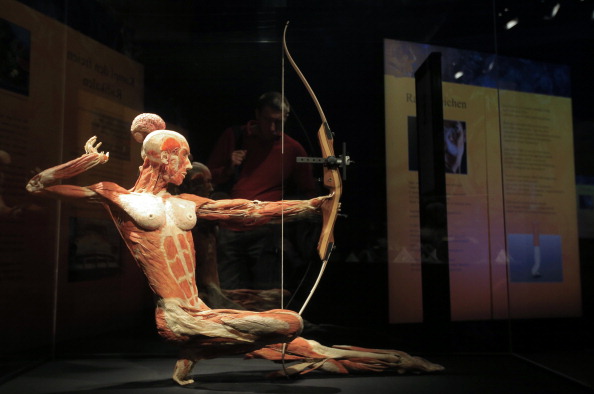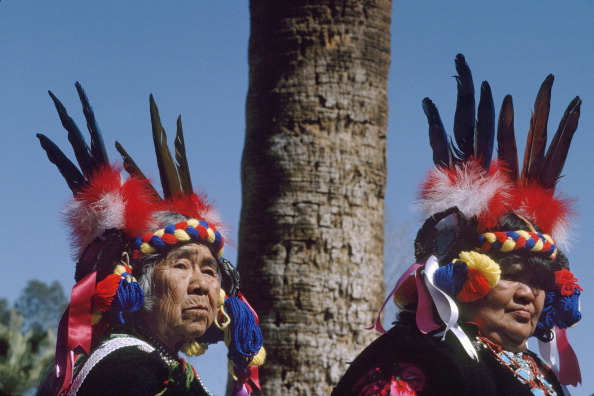Difference Between Anthropology and Art History

Scientific study of human beings, their history and humanity is referred to as anthropology. A student of anthropology, known as an anthropologist, tries to research and study about different cultures, traditions, customs, knowledge, habits, history, artifacts etc. witnessed by mankind. It is taught as a distinct academic discipline in many universities throughout the world. Whereas, art history, as the name suggests, is the academic study of the history of visual arts. It starts from the life of cavemen, who used to draw paintings on the walls of the caves and communicated through sign language. Art has taken many different twist and turns throughout history and the field of art history studies these various movements and the impact that it has had on society.
Instructions
-
1
Anthropology
In the previous century, anthropology emerged and evolved from natural history; however, it has depended heavily on a number of other disciplines like archaeology, paleontology, biology, humanities, psychology and social sciences. After the second world-war, anthropology changed a lot, depending more on empirical evidence, instead of subjective analysis.
Anthropology is basically made up of four interrelated fields. Biological or physical anthropology is the first field, which tries to understand human being as a living organism. Second is the socio-cultural anthropology, which happens to be the largest field, covering the cultural patterns of thousands of years of human civilization on earth. The third part, known as linguistic anthropology, caters languages, their history and different branches. Archaeology is the last field, which studies about bones, artifacts and other clues which can help you understand the previous civilizations.
In a nutshell, anthropology looks at the entire history of mankind on this planet, which is spread over thousands of years and has witnessed countless cultures and languages.
- Image courtesy: gettyimages.com

-
2
Art History
From prehistoric times to the 21st century, art history spans the entire human history. It is taught as a discipline in schools, colleges and universities, allowing the students to interpret and evaluate art according to their personal perspectives. The definition of what is beautiful and what is not varies from one person to the other, which is the reason why art history is often criticised for being subjective. An individual can enhance his/her aesthetic sense if they can learn to evaluate art and different forms of beauty. However, being a student of art history, it is imperative for you to improve your observation skills.
- Image courtesy: gettyimages.com






